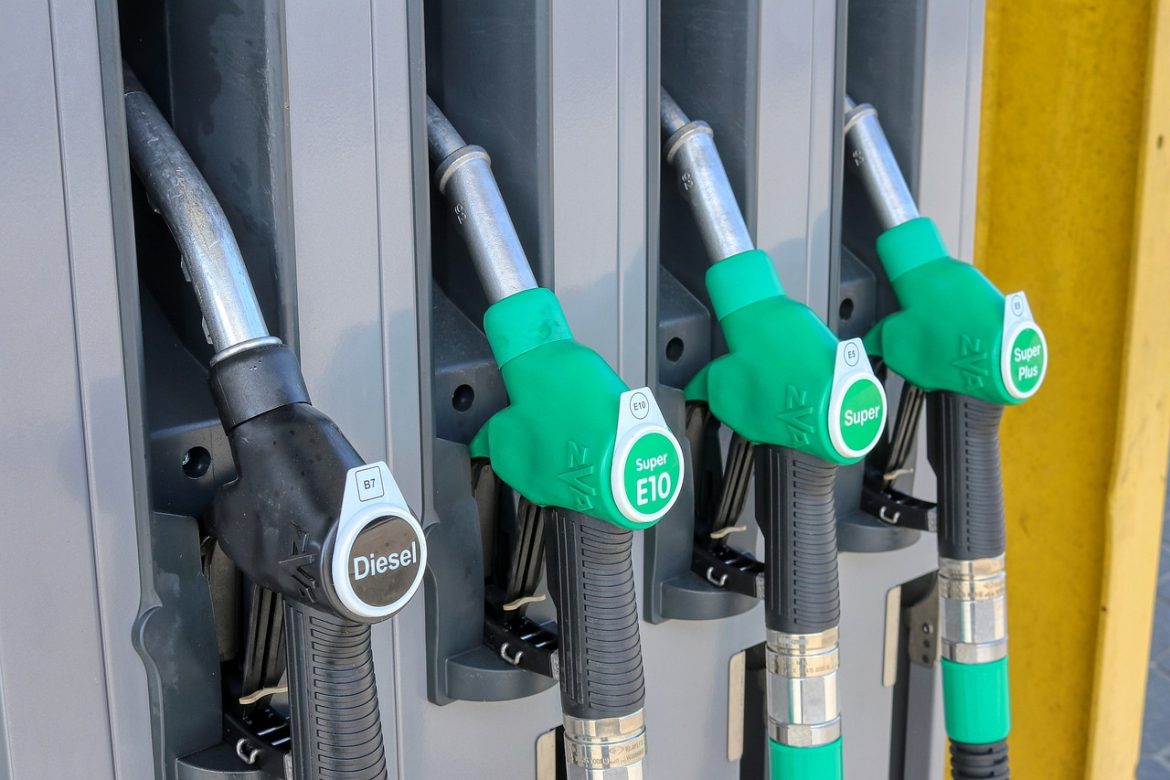The UK government has announced that it will delay the new petrol and diesel car ban by five years, sparking criticism from environmental groups and opposition parties.
The ban, which was originally set to take effect in 2030, is now scheduled for 2035, according to Prime Minister Rishi Sunak, who unveiled the decision as part of his budget speech on Wednesday.
Sunak said the move was necessary to balance the UK’s climate ambitions with the needs of consumers and businesses, especially in the wake of the coronavirus pandemic.
“We are not going to meet our climate targets by imposing unacceptable costs on ordinary people,” he said. “We will do it by supporting them to make greener choices.”
He added that the government would invest £1.3 billion ($1.8 billion) in electric vehicle charging points, £620 million ($850 million) in grants for zero-emission vehicles, and £500 million ($685 million) in innovation for green technologies.
However, environmental campaigners met the delay with dismay and accused the government of undermining its leadership ahead of the COP26 climate summit that the UK will host in Glasgow next month.
“This is a huge blow for the UK’s credibility on the climate crisis,” said Mike Childs, head of science at Friends of the Earth. “The government has just given car makers a license to continue polluting for longer when we urgently need to cut emissions and clean up our transport system.”
The opposition Labour Party also slammed the decision, saying it would hurt the UK’s automotive industry and jeopardize thousands of jobs.
“By pushing back the date for ending sales of new petrol and diesel cars, the government is sending a signal to manufacturers that they can slow down their efforts to produce cleaner vehicles,” said Ed Miliband, Labour’s shadow business secretary. “This is bad for our economy, bad for our environment, and bad for our global reputation.”
The UK was among the first major economies to announce a ban on new petrol and diesel cars as part of its plan to reach net-zero carbon emissions by 2050. The original deadline of 2030 was seen as one of the most ambitious in the world, putting pressure on other countries to follow suit.
However, some industry groups and motoring organizations have warned that the 2030 target was too challenging and unrealistic, given the low uptake of electric vehicles and the lack of adequate infrastructure and affordability.
According to the latest figures from the Society of Motor Manufacturers and Traders (SMMT), electric vehicles accounted for only 10.7% of new car registrations in the UK in August, while petrol and diesel vehicles made up 73.1%.
The SMMT welcomed the government’s decision to postpone the ban, saying it would provide more time for consumers and businesses to adapt to the transition.
“We have always said that we share the government’s ambition to decarbonize road transport as quickly as possible,” said Mike Hawes, SMMT chief executive. “But this must be done in a way that protects consumer choice, supports economic growth, and safeguards jobs across the UK.”
He also urged the government to ensure that there is sufficient investment in charging infrastructure, incentives, and skills to make electric vehicles accessible and affordable for all.
The government said it remains committed to its net-zero goal and its green agenda, which includes phasing out coal power by 2024, quadrupling offshore wind capacity by 2030, and developing low-carbon hydrogen and nuclear energy.
It also said it would consult with stakeholders on the details of the new deadline for petrol and diesel cars, including what types of hybrid vehicles would be allowed until 2035.
Transport Secretary Grant Shapps said the UK was still leading the way in tackling climate change and supporting green transport.
“We are not taking our foot off the pedal – we are accelerating towards a greener future,” he said. “By extending our target for ending new petrol and diesel car sales by five years, we are giving people more time to make the switch while investing in world-class infrastructure and innovation.”
Source: Reuters



